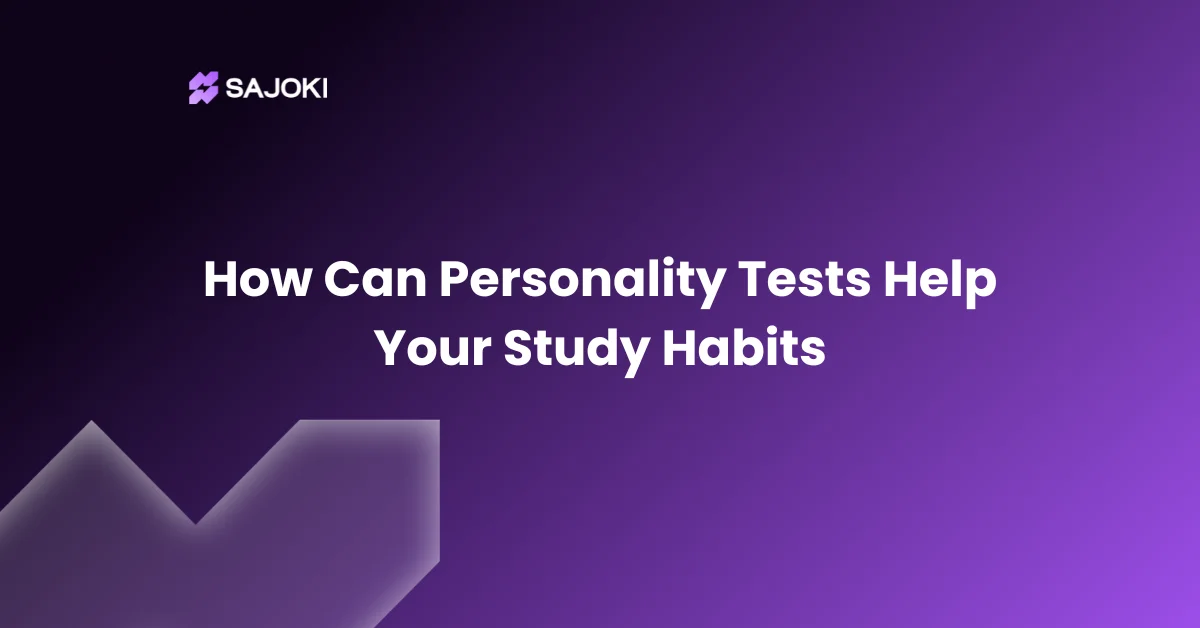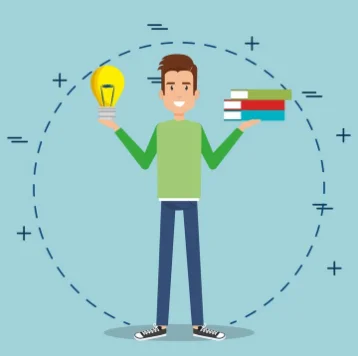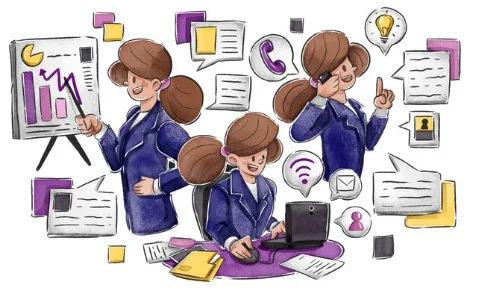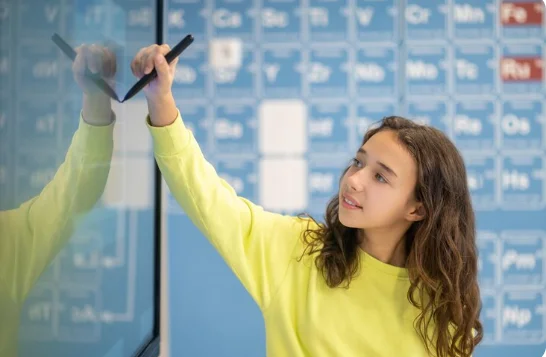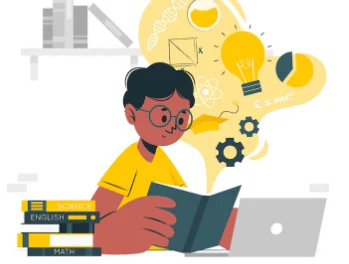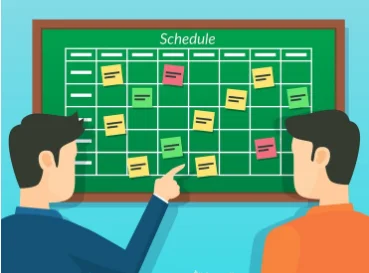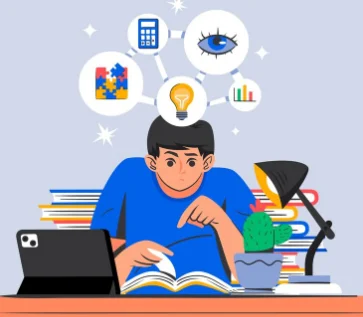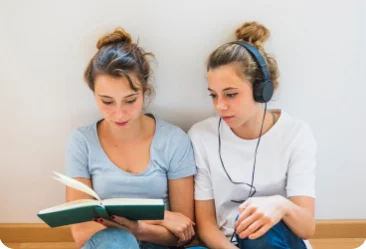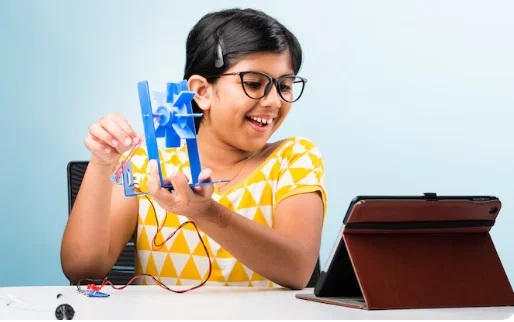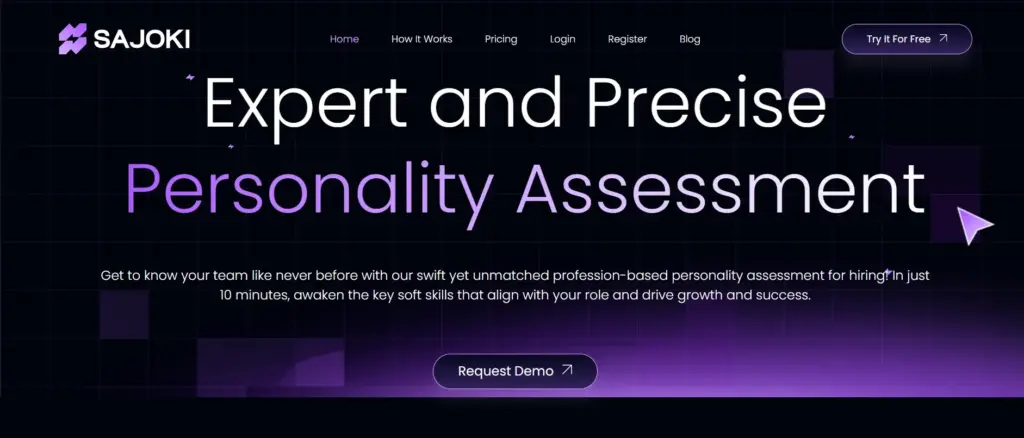Every student is unique. Some learn from images, some need practice, and some prefer studying in silence. This difference is not just from learning styles, but also from deeply rooted personality traits. Your personality is the key to improving your study habits.
So, how do personality tests help in your study habits?
Personality tests inform you about your natural style of doing things, how you memorize things, and how you respond to the world around you. Knowing these helps in tailoring your method for improved retention and reduced stress. You learn not only what to study, but also how to best study it for your brain.
This blog breaks down how knowing your personality and different traits like introversion, resilience, and motivation shape your learning. You’ll also discover ways to improve focus, manage stress, and build smarter habits through personality awareness. Keep reading to turn self-knowledge into study success.
How Does Your Personality Type Influence the Way You Learn?
Your personality affects your attention span, levels of motivation, and even your stress management. Learning without first discovering these subtle tendencies can lead to frustration and bad grades.
Here, personality tests bring to light these subtle preferences that control the way we learn.
Most widely used tests like Big Five, MBTI, and DISC also determine dominant characteristics like introversion, openness, and emotional stability. Whether expressive or analytical, these profiles lead you to approach study habits with clearness and confidence. Self-awareness becomes your individual academic compass.
Introverts may need quiet, focused sessions, while extroverts may thrive in group discussions. Structured types may prefer schedules; creative minds may enjoy spontaneity. Identifying these traits early on helps prevent burnout and increases long-term productivity.
How Personality Tests Affect Study Habits
Study habits also depend upon the manner in which we stay disciplined and concentrated. These are some of the traits and how they affect academic discipline:
1. Conscientiousness
Personality tests like the Big Five reveal levels of conscientiousness, how organized, responsible, and detail-oriented a student is. A high score points to students who thrive on structure and task completion.
These students adhere to calendars, have work completed on schedule, and procrastinate seldom.
They are naturally consistent and goal-oriented. For them, aids like planners, reminders, and study logs are highly effective at staying in a flow.
2. Openness to Experience
Tests such as the MBTI and HEXACO assess openness, highlighting a learner’s curiosity and preference for variety. A high score indicates a desire for novelty and exploration.
Those high in openness are novelty-seekers and enjoy analyzing new ideas and methods. They abhor monotony and may struggle with strict timetables.
They thrive from diverse modes like quizzes, documentaries, or game-based learning. Diversity intellectually refreshes them and arouses their curiosity.
3. Extraversion vs. Introversion
The MBTI is particularly effective in determining extroverted or introverted tendencies. This core distinction affects how students regain energy and focus.
Extroverts draw their energies from other people and may need social stimulation to stay focused. Introverts recharge through solitude and contemplation, needing serenity to absorb information.
Extroverts need peer activities and energizing breaks. Introverts require quiet study space and personal review sessions.
4. Neuroticism
Personality assessments such as the Big Five test for emotional stability. High neuroticism implies heightened sensitivity to stress, while low neuroticism suggests emotional calm.
Students who are high in neuroticism can be susceptible to pressure, anxiety, or self-doubt. They require settings that avoid pressure and allow for emotional balance.
Mindfulness exercises, brief study periods, and frequent breaks are effective. Identifying this trait early avoids academic burnout.
5. Agreeableness
Big Five tests also score agreeableness, revealing traits like cooperation, empathy, and kindness. Highly agreeable students enjoy social harmony and collaborative settings.
Agreeable students are cooperative, sympathetic, and value harmony in teams. They enjoy working collaboratively and assisting others.
They thrive in group learning situations, study groups, or buddy instruction. Creating support-driven activities boosts their morale and focus.
6. Self-Motivation
Personality profiles that score high in conscientiousness or achievement striving often reflect strong self-motivation. These learners need little external pressure to perform.
Greatly intrinsically motivated students motivate themselves toward goals. They do not need frequent checking or time constraints.
This trait is advantageous in the management of long-term projects and independent study. Checking individual progress sparks their momentum.
7. Impulse Control
Tests like DISC and Big Five can indicate levels of impulse control and self-regulation.
Impulse control shapes the capability of a student to resist distraction and stay focused on goals. Low impulse control normally results in procrastination.
Utilization of timers, software, and focused environments reduces distractions. Creating habits controls this trait over the long run.
8. Resilience
Personality tests that examine emotional stability also touch on resilience. Resilient students can move on in cases of failure and continue striving.
Resilient students bounce back from failure and keep going. They are not easily dismayed by bad results.
They understand how to adjust their strategies and continue learning. This is a necessity in handling academic stress.
9. Goal Orientation
Some students are naturally goal oriented. They set targets and plan forward, with an emphasis on long-term results.
They learn through goal charts, timelines, and performance reports at regular intervals. Personality tests help them align learning activities with career objectives.
10. Adaptability
Tests like MBTI or HEXACO evaluate flexibility in thinking and openness to change.
Students who are adaptable to changes cope with new arrangements, schedules, or unexpected changeovers. Such flexibility reduces stress.
They work well in changing environments and distance learning environments. Developing a growth mindset enhances this benefit as well.
How Personality Tests Reveal Learning Preferences
Understanding how your brain best absorbs and processes information is crucial. Personality tests provide data to guide your study strategies. Here are the most common learning preferences they highlight:
1. Visual Learners
Visual learners learn through diagrams, color-coded notes, and flowcharts. Tests can show if you naturally tend to see information, giving you tips on how to improve retention.
They prefer study materials like mind maps, videos, and infographics. Working with pictures and illustrations can make even the toughest material easier to remember and comprehend.
2. Auditory Learners
If you’re inclined to effective communication abilities, then you’re likely an auditory learner. These people learn most effectively when information is read or heard.
They perform well in lectures, group discussions, or through discussion of ideas. Audiobooks, podcasts, and constantly repeating something are very effective methods for auditory people.
3. Kinesthetic Learners
There are others who learn through action. These kinesthetic action learners learn best when they apply concepts by doing something with them.
They like building models, working with concrete things, or illustrating processes. Incorporating hands-on training into your program can make studying more engaging and memorable.
4. Logical Learners
Thinkers and problem solvers prefer structured, fact-based methods. Logical learners love patterns, equations, and cause-and-effect reasoning.
They learn best from systematic overviews, programming exercises, rule-oriented learning aids, and analytical problems. Systematic content and measurable progress fuel their learning.
5. Social Learners
Social learning behaviors can be characterized as extroverted. Such learners are best taught when they are involved with others during the learning process.
They learn best through group studies, tutoring, or group projects. Personality tests encourage leveraging such strengths to enhance motivation and mastery of content.
6. Intrapersonal Learners
These learners perform best when they are able to work alone and reflect at length. They are motivated by intrapersonal goals and self-awareness.
Journaling, self-directed study, and reflective exercises are most appropriate for them. They are assisted by personalized goals and silent study spaces.
7. Verbal Learners
Verbal learners prefer learning through writing and reading as their initial preference. They are most at ease with written words.
They favor essay, note-taking, and storytelling methods. Flashcards, outlines, and teaching others help reinforce their learning.
8. Physical-Spatial Learners
These learners learn and recall ideas with spatial orientation. They tend to think in 3D and adore shapes and placement.
They will profit from diagramming, setting up physical models, or applying geometry to abstract thinking. Models and maps work well for them.
9. Musical Learners
Some individuals relate intensely with rhythms and sounds. They tend to use melody or rhythm to recall information.
Rhyming and writing down study material or setting study material to music can be effective. Ambient music may also help to concentrate and reduce stress.
10. Intuitive Learners
Such learners are focused on the big picture and not details. They enjoy abstract theory and idea construction.
They are intrigued by controversy, forward thinking, and abstractive problem-solving. Personality assessments may direct them to courses with open-ended inquiry.
How Personality Tests Enhance Study Habits: 5 Major Advantages
Understanding your core self allows you to customize your study approaches. Here are some advantages of personality-based learning:
1. Customized Learning Plans
After learning your learning style, you’re able to customize your time frame, environment, and study materials. This maximizes your efforts.
Instead of following general advice, you create a study system that relies on your strengths. This leads to better understanding, retention, and enjoyment.
2. Increased Motivation and Concentration
When you use a study system that fits your personality, motivation is guaranteed. You feel less pressured and more inclined to stay with it.
This match takes away distraction and procrastination. You get longer concentration and more scholarly discipline.
3. Less Stress and Burnout
Study systems that disagree with your personality cause stress and frustration. Personality testing stops such incompatibility.
Through choosing methods that increase your emotional and mental comfort, stress is minimized. Learning is enjoyable rather than debilitating.
4. Improved Time Management
Some are strict schedule types; others like flexible time slots. Tests find out your time-management style.
By choosing between to-do lists, calendar blocks, or flexible routines, you have more control over time. This maintains your workload manageable and structured.
5. Greater Self-Awareness and Confidence
Knowing yourself makes you feel more in charge of your learning path. You understand what works, what doesn’t, and why.
This understanding increases confidence and resilience. It builds a mindset of lifelong learning and self-mastery in the long run.
Using SAJOKI to Optimize Study Strategies
Tools like SAJOKI go beyond standard personality tests. They combine psychological thinking with artificial intelligence to give detailed, actionable feedback. This enables students to modify their study strategies appropriately.
SAJOKI dissects behavior, preferences, and trends to suggest ideal study routines. It’s not an examination, it’s a study guide. With developing insights, you are able to build and enhance your study habits repeatedly.
SAJOKI provides immediate feedback to students with regard to what works and what does not with regard to studies. From enhanced concentration to time management, it turns personality insights into concrete results.
Frequently Asked Questions
Are student learning personality tests accurate?
They are directional, not definitive. With reflection, they’re very useful.
Can personality tests provide certain study methods?
Yes. Tests can determine whether visual, auditory, or social approaches are most effective for you.
Do personality characteristics impact test-taking?
Yes. Anxiety, discipline, and concentration are all personality-driven aspects.
At what age should students be administered personality tests?
As soon as high school. Premature self-awareness creates improved habits.
Can personality characteristics change?
Some remain constant, while others change with experience. Retesting can refine your strategy.
Conclusion
Overall, personality tests can help your study habits by putting your traits into learning approaches that suit you. This brings clarity, confidence, and consistency to your academic life. Instead of trial and error, you’re guided.
Websites like SAJOKI help you apply these knowledges in real-time. When what you’re doing fits who you are, studying is easier and more efficient. Learning based on personality is learning that lasts.
